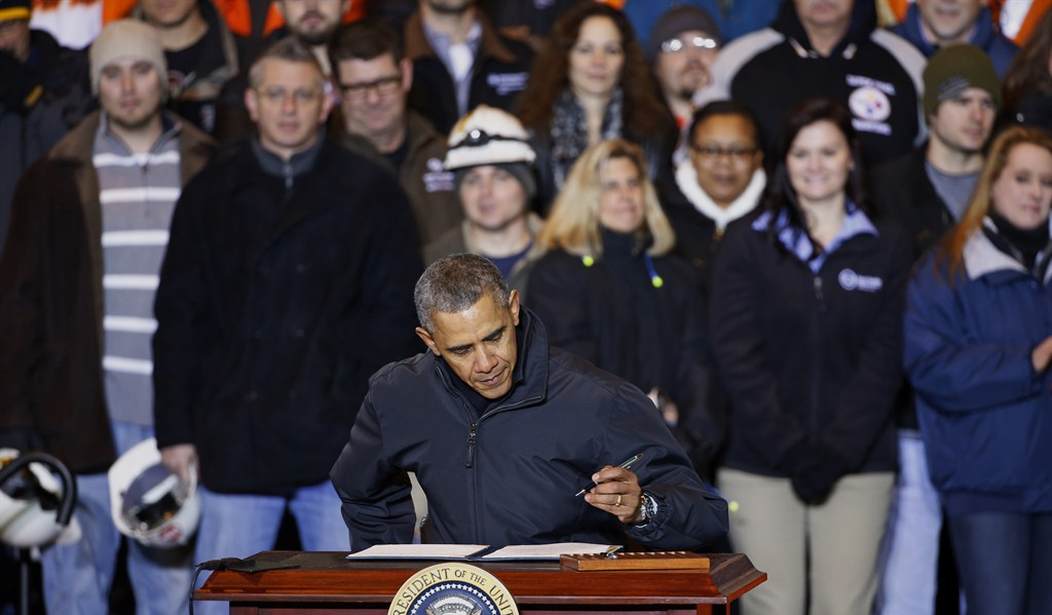Just a few short weeks ago, the non-partisan Congressional Budget Office (CBO) decidedly set forth a verdict on the effects of a minimum wage increase. CBO concluded that an increase in the minimum wage does more harm to the low-income individuals it is attempting to help.
This conclusion shouldn’t surprise anyone. There has been a long and old consensus that a 10% increase in the minimum wage would lower employment for low-skilled workers by 1-3%. The logic behind this economic truth is simple: increasing the cost of low-skill labor leads to a decrease in businesses’ demand for their service. This economic truth can be observed while buying tickets to a basketball game on the internet. As game day approaches, more and more people desire a ticket to the game, so the price of that ticket increases.
CBO concluded what the majority of economists already knew. On the positive side of an increase in the minimum wage from $7.25 to $10.10, 900,000 Americans would be lifted from poverty. On the negative side of the equation, 500,000 Americans would lose their jobs.
CBO’s report flies in the face of what President Obama has touted repeatedly. This past December, Obama gave a speech in Washington D.C. stating, “We all know the arguments that have been used against a higher minimum wage. Some say it actually hurts low-wage workers — businesses will be less likely to hire them. But there’s no solid evidence that a higher minimum wage costs jobs.” Well Mr. President, here is your “solid evidence”straight from the Congressional Budget Office. But I digress…
In essence, an increase in the minimum wage results in the redistribution of incomes from the very poor that either lose their jobs or want to get a job, to the working poor who will get a slight pay increase. Economist Thomas Sowell sums it up well: “The net economic effect of minimum wage laws is to make less skilled, less experienced, or otherwise less desired workers more expensive — thereby pricing many of them out of jobs.” Americans must seriously consider whether raising 900,000 citizens out of poverty is really worth the burden of 500,000 unemployed citizens.
Recommended
For those young Americans who are unemployed, an increase in the minimum wage is a disaster. The first step on the proverbial economic ladder would be chopped off, trapping those young, low skilled Americans in poverty. Instead of hiring low skilled individuals, businesses would speed up investment in technology as seen by an increase in self-checkout machines at your local grocery store.
Even if you are a low income American, raising the minimum wage would still ultimately hurt you. Yes, a $3 an hour raise would increase your earned income by roughly 30%, but you would suffer from an implicit high marginal tax estimated at 50%. This tax is a result of losing certain benefits including food stamps and low-income tax credits once your earnings increase.
There must be better ways to improve the living standards of low income Americans than by this inequitable transfer of income from the unemployed poor to the working poor. Fortunately, The CBO and conservative leaders likePresident of the American Enterprise Institute (AEI), Arthur Brooks, have proposed a better way- increasing the earned income tax credit. Increasing the federal earned income tax credit would supply low income Americans with the money they need to provide for themselves, along with incentives to work and climb the economic ladder.
At a time when the youth unemployment rate, aged 16-24,stands at over 16%, now is not the time to raise the minimum wage, which would cost young Americans 500,000 more jobs.When looking at youth unemployment rates for African Americans, the numbers are even worse: over 38% of young African Americans are currently unemployed.
If the President is serious about helping the least among us, raising the minimum wage is not the answer. A hike in the minimum wage hurts the very people it claims to help.

























Join the conversation as a VIP Member